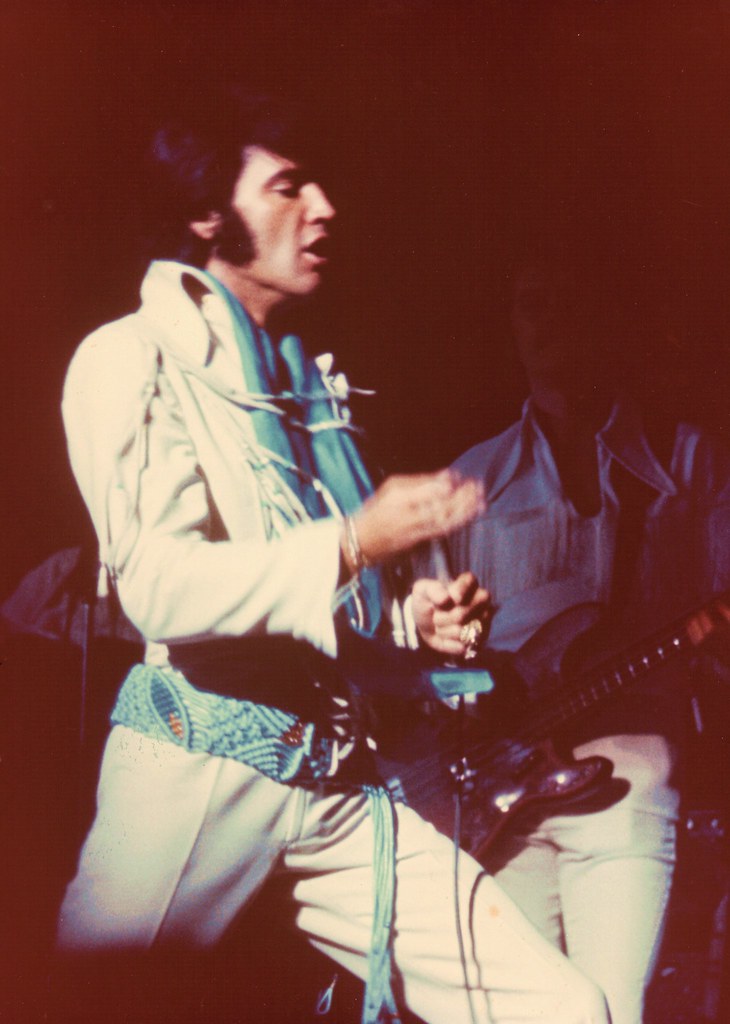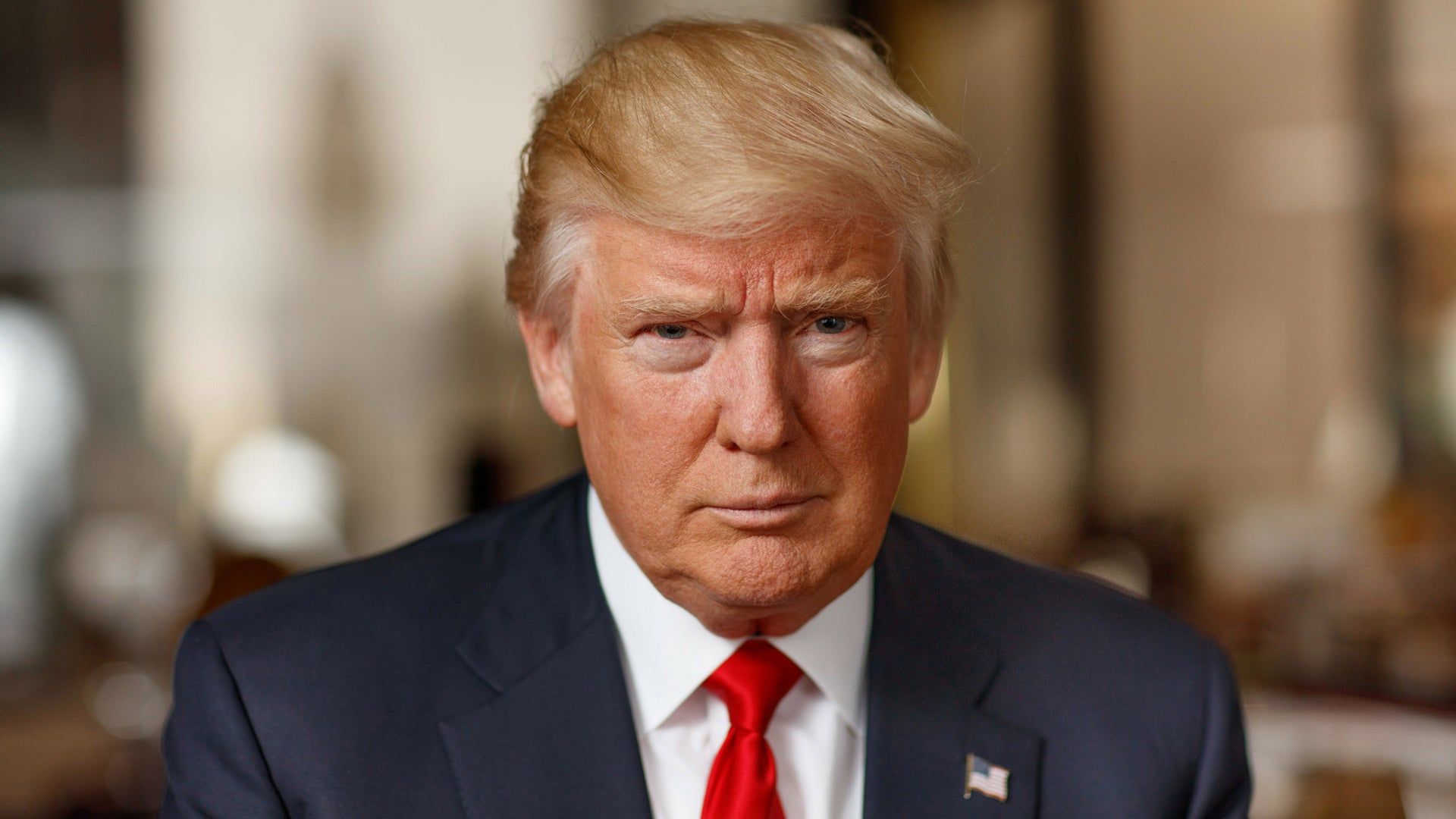The news of Robert B. Barnett’s passing at 79 marks the end of an extraordinary era in Washington, D.C., where for decades he served as an indispensable architect of political careers and literary fortunes. A powerhouse attorney with Williams & Connolly, Mr. Barnett carved out a singular niche, becoming a ubiquitous presence in both the nation’s capital and the competitive world of New York publishing. His counsel extended to a roster of clients that reads like a who’s who of American political and cultural life, embodying a unique blend of legal acumen, strategic foresight, and personal discretion.
Mr. Barnett, described as a stocky, raspy-voiced man with tortoiseshell glasses and antique cuff links, possessed a rare knack for being both forthright and discreet. This enabled him to navigate the often-turbulent waters of partisan politics with unusual agility, brokering deals for figures across the ideological spectrum. The Clintons, in a statement following his death, remembered him as “a dear friend, a trusted advisor, and a wise, faithful, and steadfast guide to the publishing and entertainment worlds.” His influence was deeply personal, shaping narratives and careers with a quiet, yet formidable, hand.
His passing leaves a void in the intricate web of Washington dealmaking and the broader cultural landscape he so significantly influenced. This article endeavors to illuminate the defining characteristics of a man who, perhaps more than any other, understood and shaped the intersection of power, politics, and prose. We explore the multifaceted aspects of his professional life, from his groundbreaking legal practice to his uncanny ability to predict electoral outcomes, revealing the genius behind one of Washington’s most quietly powerful figures.
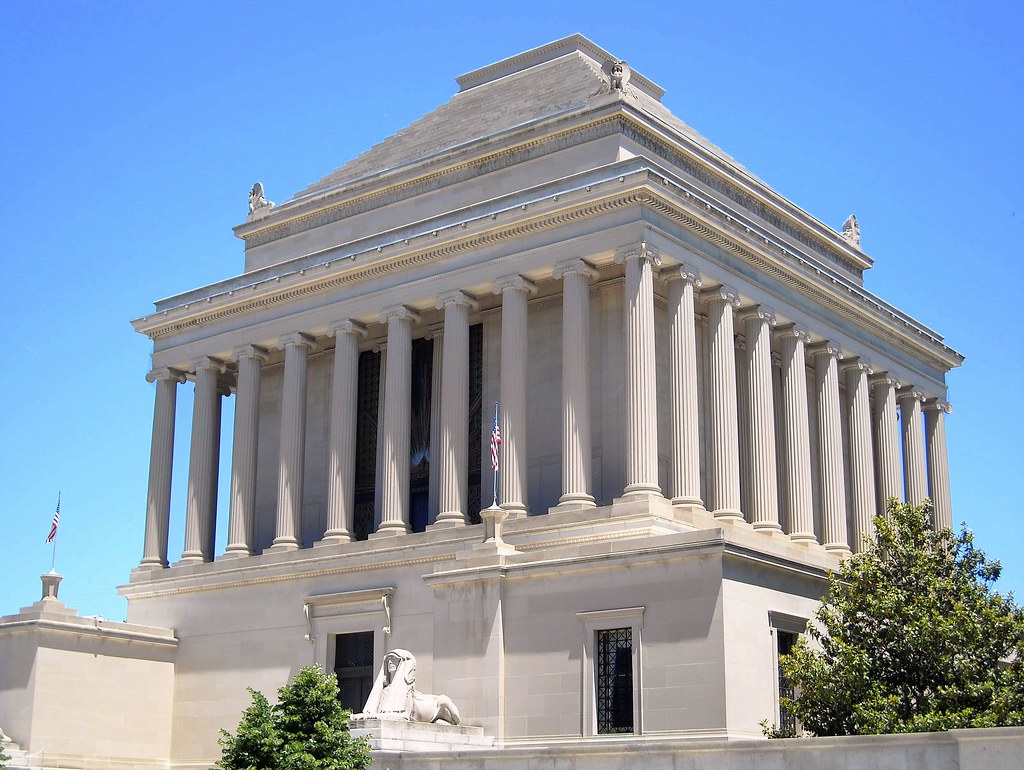
1. The Consummate Washington Dealmaker
Robert B. Barnett emerged as a towering figure in Washington, DC, a consummate lawyer and dealmaker whose influence spanned the highest echelons of American politics and the vibrant world of publishing. His career was defined by an ability to transcend partisan divides, advising and representing prominent names from across the political spectrum. This agnosticism towards political affiliation made him an anomaly and a highly sought-after counsel.
He was a longtime Democrat, having worked on Jimmy Carter’s 1976 campaign and assisting Bill Clinton and other candidates with debate preparations. Yet, his client list was remarkably diverse, leading him to joke that if his clients were all gathered in one room, the result would be “World War III.” This ability allowed politics to stop “at the edge of a good book deal,” highlighting his unique positioning.
His impact was recognized by political figures on both sides of the aisle. Republican strategist Karl Rove, a Barnett client and top aide to George W. Bush, lauded him as “one of the sagest advisers I’ve ever been able to call upon.” Mr. Rove added that Mr. Barnett “has counseled me on every professional decision I’ve made,” underscoring the depth of trust he commanded.
Mr. Barnett likened his role to that of a physician, explaining to The Post in 2010 that he treated patients regardless of party. He stated, “Your job is to help them, and that’s what I do as a lawyer,” and added, “I help Sarah Palin but I also help Barack Obama. That doesn’t trouble me.” This philosophy was central to his practice, allowing him to maintain a broad and influential client base.
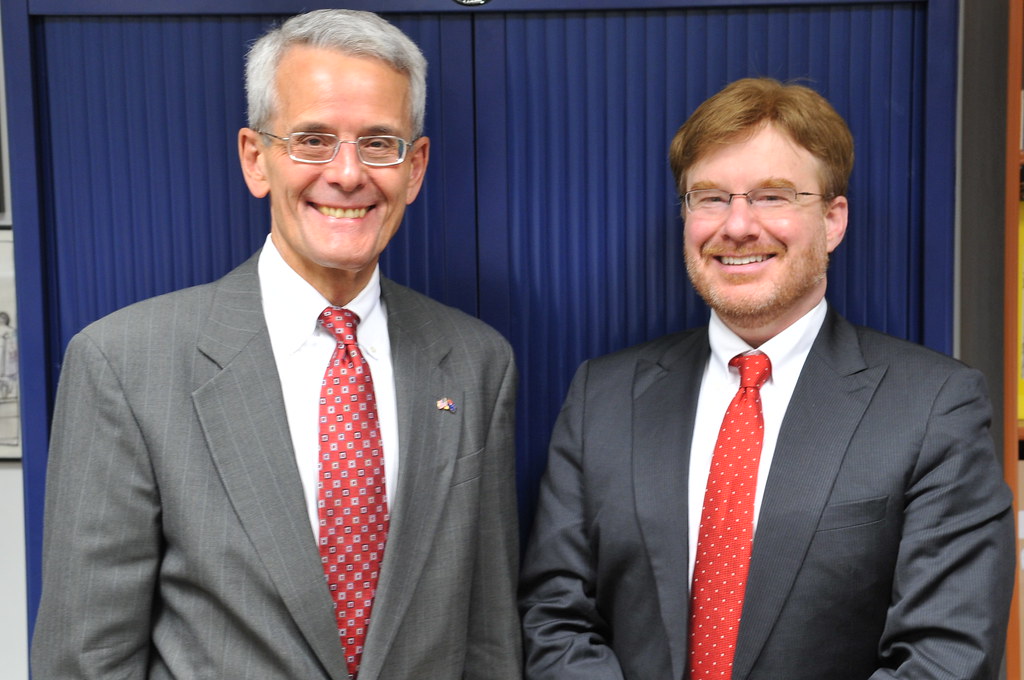
2. An Unrivaled Stature in Political Publishing
For over two decades, Robert B. Barnett stood unparalleled as an intermediary between the Washington elite and New York publishers. From the early 1990s through the end of the Obama administration in 2017, he uniquely represented three consecutive presidents and first ladies: the Clintons, George W. and Laura Bush, and the Obamas. This sustained influence underscored his critical role in shaping the post-presidency narratives of America’s leaders.
Beyond the White House, Mr. Barnett’s reach extended to much of the remaining A-list political players. His client roster included figures as diverse as Ted Kennedy and Mitch McConnell, Dick Cheney and Alan Greenspan, to Paul Ryan, Donald Rumsfeld, Al Franken and Elizabeth Warren. This comprehensive representation across the political spectrum solidified his position as the go-to fixer for Washington book deals.
He was instrumental in securing eye-popping advances, often in the seven- and eight-figure range, for his clients. Hillary Clinton’s 2003 memoir, “Living History,” garnered an advance of $8 million, and Bill Clinton’s 2004 memoir, “My Life,” reportedly secured a $10 million deal. These figures set new benchmarks for political literature.
Perhaps his most significant achievement came in 2017, when he shattered records by helping Barack and Michelle Obama negotiate a joint book deal with Penguin Random House for a reported advance of about $65 million. This deal cemented his legacy as the master of political book deals and highlighted his enduring ability to command extraordinary value.

3. A Unique Business Model: Attorney, Not Agent
Robert B. Barnett meticulously distinguished himself from traditional literary agents, emphasizing that he operated as an attorney who billed clients by the hour rather than receiving a percentage of royalties. This unconventional business arrangement was a cornerstone of his practice and a key factor in his unparalleled success, particularly with high-profile clients commanding multimillion-dollar deals.
While literary agents typically charge a commission, often around 15 percent of an advance, Mr. Barnett’s hourly fee—reportedly in the $750 to $1,000 range—offered a relative bargain for clients whose deals reached into the millions. For a $10 million book deal, a 15% commission could be $1.5 million, making his hourly fees, even for hundreds of hours, substantially less and a significant advantage for top-tier authors.
This unique structure, while pricing out the average writer, handsomely rewarded clients like Obama and the Clintons. It allowed them to retain a larger share of their lucrative advances, a testament to Mr. Barnett’s innovative approach. His disdain for the term “agent” stemmed from its “hired-gun connotations,” as journalist Mark Leibovich recorded, underscoring his preference for an attorney’s professional standing.
His legal background and hourly billing also afforded him a different kind of client relationship. He was not just a dealmaker but a trusted legal counselor, offering comprehensive advice beyond contract negotiation. This depth of service and professional distinction contributed significantly to his unique brand and enduring appeal among Washington’s most influential figures.
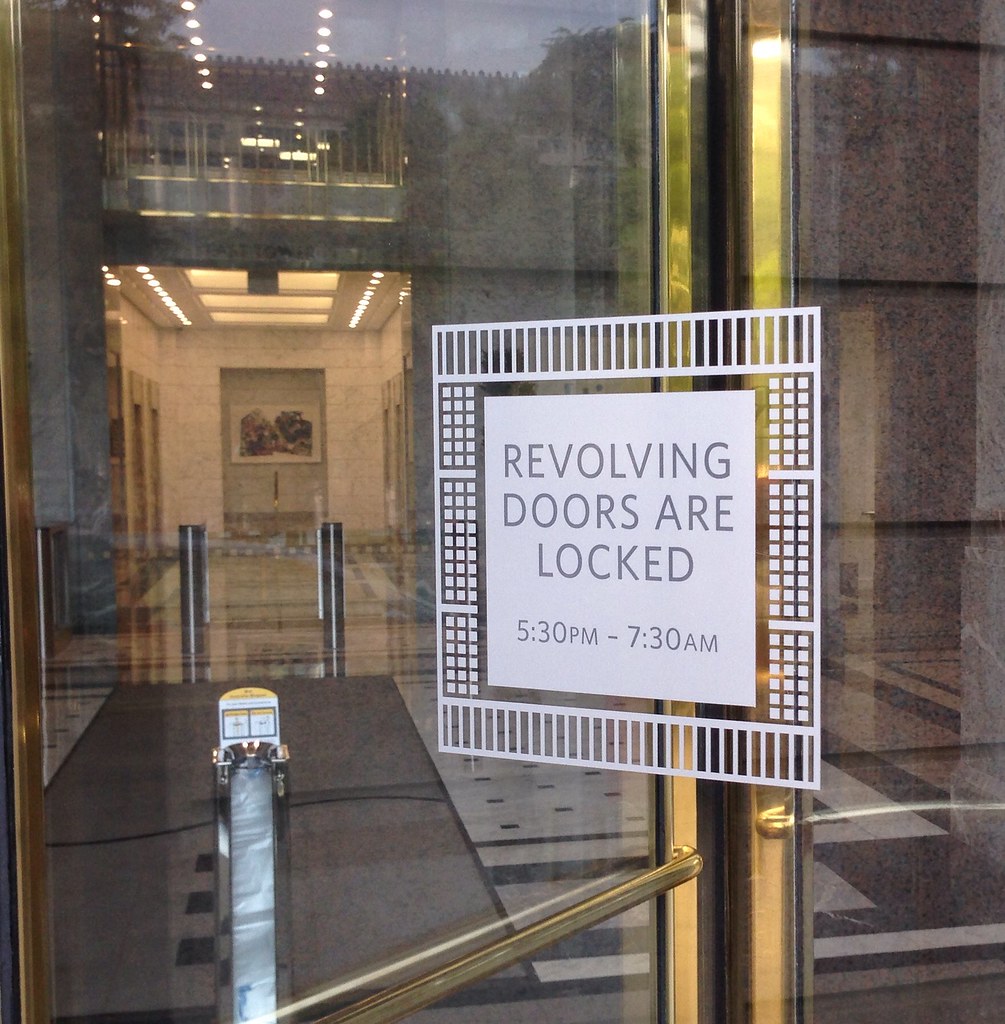
4. The “Doorman to Washington’s Revolving Door”
So often was Robert B. Barnett called upon by politicians leaving office that he earned the fitting moniker, “the doorman to Washington’s revolving door.” This captures his essential role in facilitating public officials’ transition from government service to the private sector, often through lucrative book deals. He became the crucial first stop for those seeking to capitalize on their time in the capital.
This designation highlighted his critical position at a unique juncture. As officials concluded their terms, they sought to tell their stories or monetize public service through memoirs. Mr. Barnett was the trusted guide who opened these doors, helping them navigate the complex publishing landscape and secure advantageous terms.
His expertise extended beyond contract negotiation; he understood narratives, timing, and publishers eager to invest in high-profile political voices. This made him a strategic partner in shaping the post-official lives of Washington’s elite, integral in translating political capital into literary and financial success.
The “revolving door” nickname, while sometimes implying influence-peddling, accurately reflected his role as a facilitator of legitimate literary contributions from public figures. It underscored his reputation as the essential connector for anyone with a significant story to tell from inside the halls of power, marking him as an unparalleled expert in career transitions.
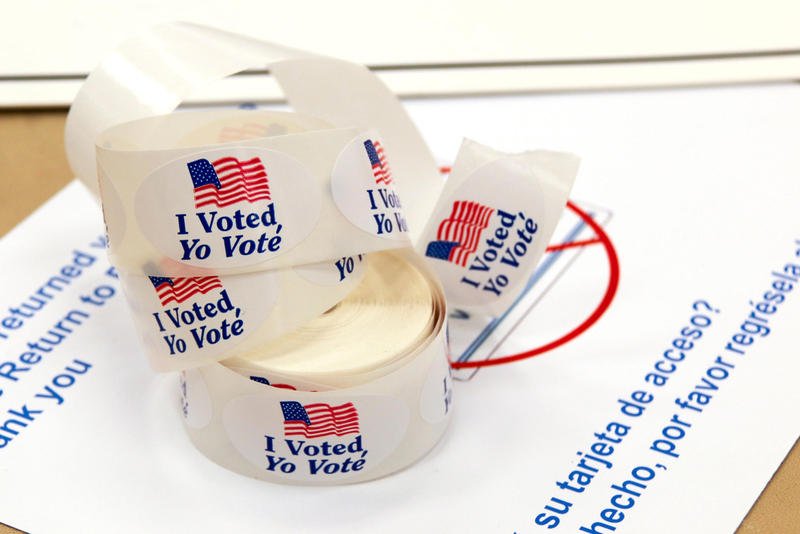
5. A Remarkable Electoral Winning Streak
One intriguing aspect of Robert B. Barnett’s career was his uncanny association with electoral success. The general public, it was observed, could have made good money betting on Barnett’s authors to prevail in elections. This pattern was consistent across multiple presidential cycles, adding an almost mythical quality to his advisory capabilities.
From 1992 to 2012, in six consecutive presidential races, a current or future Barnett client was elected. This remarkable streak often saw his clients defeating non-Barnett clients, suggesting extraordinary insight into the political landscape or an unparalleled ability to cultivate winning talent. His winning run commenced with Bill Clinton’s 1992 victory and continued through Barack Obama’s 2012 re-election.
The streak included pivotal moments: Bill Clinton’s 1992 and 1996 wins, George W. Bush’s victories in 2000 and 2004, and Barack Obama’s successes in 2008 and 2012. In each instance, a figure he represented—or would eventually represent—ascended to the highest office. This consistent pattern spoke to the caliber of individuals he attracted and the trust they placed in his counsel.
His political winning streak concluded after 2016, when non-client Donald Trump defeated Hillary Clinton. Yet, this did little to diminish the legend of his earlier influential touch. The consistent victories of his clients became a notable, almost fabled, footnote to his extensive career, cementing his reputation as an astute observer in American political fortunes.
Read more about: Ken Dryden: Beyond the Mask — A Hall of Fame Goaltender’s Multifaceted Life and Enduring Legacy at 78

6. Beyond Political Luminaries: A Diverse Client Roster
While Robert B. Barnett was synonymous with Washington’s political elite, his client list extended far beyond Capitol Hill, showcasing astonishing breadth across various sectors. His advisory services were eagerly sought by individuals at the very top of their fields, illustrating his versatile appeal and the universal trust placed in his judgment.
He handled negotiations for prominent media executives and reporters, a critical segment given the symbiotic relationship between politics and the press. Figures like Roger Ailes, and journalists such as Bob Woodward and Chris Wallace, entrusted Mr. Barnett with career-defining deals. For years, he simultaneously represented presidents and the White House reporters, like Jake Tapper and Brit Hume, who covered them, a testament to his balanced approach.
His reach also extended into entertainment, representing musical superstars such as Elton John and Barbra Streisand. In business, titans like Jack Welch, former CEO of General Electric, and Phil Knight, co-founder of Nike, relied on his expertise. He advised international leaders, including former British Prime Minister Tony Blair and Queen Noor of Jordan, demonstrating a global footprint.
Furthermore, Mr. Barnett was the go-to attorney for best-selling novelists, including James Patterson, Mary Higgins Clark, and Khaled Hosseini. This diverse roster, spanning politics, media, music, business, international affairs, and literature, painted a comprehensive picture of a man whose counsel was universally valued by those at the apex of their professions.

7. The Art of Debate Preparation and Political Advising
Robert B. Barnett’s role as a political advisor extended beyond book deals; he was a master of debate preparation, a critical component of national political campaigns. His insights and strategic thinking were invaluable to candidates, often shaping their performances in high-stakes televised contests. He would immerse himself in the opposition, embodying their arguments.
His extensive experience began early, notably helping vice presidential candidate Geraldine Ferraro prepare for her 1984 debate against George H.W. Bush. Mr. Barnett, a former high school debater, meticulously studied Bush’s habits and speeches, becoming “a much more impressive Bush and much harder on me than Bush himself would be,” as Ferraro later recalled. This dedication was a hallmark of his approach.
He played a similar, crucial role for Bill Clinton, practice-debating him over 20 times during the bitter 1992 Democratic primary and general election battles. Later, he took on the persona of Dick Cheney for debate practice sessions with Joe Lieberman in 2000 and again for John Edwards in 2004, showcasing his ability to inhabit diverse political roles.
His advisory capacity was so profound that even President Barack Obama acknowledged his influence. When Mr. Barnett, helping prepare Obama for his 2012 debates, prefaced a comment with “the conventional wisdom is,” Obama wryly responded, “Bob, you ARE the conventional wisdom.” This anecdote highlights Mr. Barnett’s deep understanding of political currents and the profound respect he garnered from the nation’s highest officeholders.
Read more about: Unveiling the Shadow Warriors: Inside the Secret World of Navy SEALs and Their Unmatched Legacy

8. The Master Collaborator: Orchestrating Literary Matchmaking
Robert B. Barnett possessed a distinctive talent for envisioning and orchestrating literary collaborations that transcended typical author pairings. His foresight in identifying synergistic partnerships led to unexpected and commercially successful ventures, showcasing his creative influence beyond legal frameworks. He was often a conceptual architect, not just a deal broker.
One of his most notable matchmakings involved former President Bill Clinton and best-selling novelist James Patterson. Mr. Barnett, understanding Mr. Clinton’s passion for mystery novels, encouraged him to write a thriller. He then introduced the two, a partnership that blossomed into three best-selling novels, demonstrating Mr. Barnett’s keen eye for bridging diverse talents for a common literary goal.
His collaborative vision extended to unique celebrity partnerships. He arranged a thriller co-authored by Hillary Clinton and Canadian crime novelist Louise Penny, and facilitated a novel by James Patterson and country music icon Dolly Parton. In a contemporary vein, Mr. Barnett also played a pivotal role in bringing together James Patterson and YouTube star Jimmy Donaldson, MrBeast, securing eight-figure offers. Such ventures highlighted his enduring ability to adapt and create blockbuster deals by connecting the right names.

9. More Than a Lawyer: A Consigliere and Architect of Narrative
Robert B. Barnett’s influence over his clients’ literary endeavors extended far beyond traditional legal duties. He embraced the role of a comprehensive advisor, a “consigliere” for many, deeply embedding himself in the entire lifecycle of a book. This hands-on approach ensured not only favorable financial terms but also strategic positioning and maximum impact for his clients’ narratives.
He frequently participated in publisher meetings, where discussions went beyond contracts. These sessions encompassed strategizing everything from preventing news-breaking book leaks to advising on cover design and marketing plans. Mr. Barnett understood that a book’s success was multifaceted, requiring meticulous attention to every detail, not just initial negotiation.
His dedication sometimes led him to take on tasks typically associated with publicists, personally calling journalists to secure appearances for his authors. Furthermore, he was known to offer editorial input and famously helped Lynne Cheney block a reissue of an older, racy romance novel. These instances illustrate his profound commitment to shaping and managing his clients’ public and literary legacies in their entirety.

10. The Art of Ethical Nonpartisanship: A Doctor’s Approach to Politics
A defining characteristic of Robert B. Barnett’s practice was his unwavering commitment to nonpartisanship, a philosophy allowing him to represent clients across the entire political spectrum. In an increasingly polarized Washington, his ability to work freely with both sides was not just a strategy but a deeply held ethical principle, which he frequently articulated.
Mr. Barnett famously likened his role to that of a physician, explaining he treated patients regardless of their party. He told The Post, “Your job is to help them, and that’s what I do as a lawyer,” emphasizing that assisting figures like Sarah Palin while also working with Barack Obama did not trouble him. This analogy underscored his belief in a professional duty to serve, divorced from personal political alignment.
His agnostic stance was striking given his own history as a longtime Democrat. Yet, his client list was so ideologically diverse he joked “World War III” would erupt if they met. This demonstrated his confidence in managing potential conflicts, which never seemed to bother clients who valued his counsel above partisan concerns. His ability to simultaneously represent presidents and White House reporters, like Jake Tapper and Brit Hume, further exemplified this. Clients like Karl Rove and Bob Woodward lauded his integrity.

11. The Trusted Confidant: Loyalty and the Human Connection
Beyond his formidable legal and dealmaking prowess, Robert B. Barnett was celebrated for the profound personal connections he forged with his clients, often evolving into a trusted confidant and friend. This deep human element distinguished him, earning a loyalty that transcended mere professional engagement; he was a true “consigliere.”
His clients frequently turned to him not just for contracts but during profound personal or political crises. The Clintons, for instance, relied on his counsel during Vince Foster’s tragic suicide in 1993 and the Monica Lewinsky scandal. Hillary Clinton described him as “a dear friend, a brilliant lawyer, and an indispensable political adviser,” illustrating the breadth of trust placed in him.
Journalist Bob Woodward, a client for five decades, recounted Mr. Barnett’s unwavering availability, stating, “In the course of a week I would receive more phone calls or emails from him than anybody.” This constant contact highlighted the genuine friendship he nurtured. Woodward even affectionately nicknamed him “the Big Babysitter” after Mr. Barnett once stayed to watch his daughter.
James Patterson also echoed this sentiment, revealing they spoke typically five times a week, Mr. Barnett playfully admitting, “I get nervous when I can’t find you.” This level of engagement, marked by deep loyalty and strict confidences, formed the bedrock of his relationships, encapsulated by his desired epitaph: “‘He was loyal, kept confidences, and tried his best. He was a good husband, father, grandfather, counselor, and friend.'”

12. Navigating Change: A Legacy Beyond the Winning Streak
Robert B. Barnett’s career, marked by an astonishing run of electoral successes for his clients, saw the landscape shift in his later years. His legendary political winning streak, where a client or future client was elected in six consecutive presidential races, concluded after 2016, when non-client Donald Trump defeated Hillary Clinton. This era brought new challenges to his long-established dominance.
Mr. Barnett expressed disdain for Donald Trump, and the changing political climate saw some figures who fell out with Trump, like James Comey and John Bolton, choosing other agents. This period also saw the emergence of new players in the Washington literary agency scene, notably the Creative Artists Agency and Javelin, which began to challenge his once-unrivaled stature.
Despite these shifts, Mr. Barnett’s enduring legacy remained firmly intact, cemented by decades of groundbreaking work. His unparalleled achievements in orchestrating megadeals and shaping political narratives had already set new benchmarks, fundamentally transforming the publishing world’s engagement with high-profile public figures. The passing of his winning streak did not diminish the legend he had already created.
His impact was so profound that even in his final years, his advice was highly sought. His earlier successes, particularly the record-breaking $65 million book deal for the Obamas in 2017, stood as towering testaments to his mastery. His ability to connect authors, guide transitions, and secure monumental advances had reshaped the industry, leaving an indelible mark.
Read more about: Rick Davies, Supertramp Co-Founder and Enduring Force, Dies at 81: A Legacy of Rock, Resilience, and Unmistakable Sound

13. An Unforeseen Journey: From Political Aide to Publishing Titan
Robert B. Barnett’s ascendancy to the pinnacle of political publishing was not a planned trajectory but an unexpected evolution rooted in his early legal and political career. A native of Waukegan, Illinois, his academic background in political science from the University of Wisconsin and a law degree from the University of Chicago laid the groundwork for a distinguished Washington career, though not initially in books.
His early years in Washington saw him clerking for Supreme Court Justice Byron White and serving as an aide to then-Senator Walter Mondale, joining Williams & Connolly in 1975. Mr. Mondale noted that within a couple of weeks, Mr. Barnett “knew more about Senate rules and procedures than I did,” highlighting his sharp intellect and rapid grasp of complex systems.
The pivotal moment that redirected his path came after the 1984 presidential election. Having helped Democratic vice presidential candidate Geraldine Ferraro prepare for her debate, Mr. Barnett found himself consulting with her again regarding reports about her husband’s alleged ties to organized crime. After the election, Ferraro asked him to help her find a publisher for her memoir.
Mr. Barnett, admitting he was as “inexperienced about publishing a book as Ferraro was about writing one,” collaborated with New York agent Esther Newberg to secure a seven-figure deal. This initial success quickly led to another lucrative arrangement for David Stockman. These early forays into publishing, born out of a client’s need, unexpectedly set the stage for his legendary career.

14.The Personal Life: Balancing Public Service and Private Commitments
Behind the powerful attorney and political consigliere was Robert B. Barnett, the dedicated husband, father, and grandfather, whose personal life was intertwined with his high-profile professional demands. His marriage to Rita Braver, a respected CBS television correspondent, formed a notable Washington power couple, navigating their complementary yet sometimes conflicting careers with grace and mutual support.
Mr. Barnett married Rita Braver in 1972, a fellow graduate of the University of Wisconsin. They had one daughter, Meredith. Their shared prominence in Washington meant that professional boundaries sometimes required delicate management. A notable instance occurred when Ms. Braver was offered the role of chief White House correspondent during Bill Clinton’s first term. To avoid any appearance of conflict of interest, Mr. Barnett temporarily ceased representing the Clintons.
This willingness to prioritize ethical considerations and support each other’s careers was a hallmark of their relationship. As Ms. Braver recalled, “I had to bow out of stories, and he had to bow out of cases,” illustrating the mutual sacrifices made to maintain integrity in their respective fields. Despite their demanding public lives, their commitment to family remained steadfast.
His personal interests also offered a glimpse into the man beyond the dealmaker; a seat cushion in his office bore a quote from Thomas Jefferson: “I cannot live without books.” This illuminated his genuine admiration for literature. Though he often stated, “I’m not talented. I can’t write a book,” his joy in playing a “small part” in the literary process underscored a profound personal connection to the world of books.
Robert B. Barnett’s passing marks the end of an era defined by his unparalleled ability to bridge the worlds of Washington politics and New York publishing with integrity, strategic genius, and a deeply personal touch. He was not just a lawyer but a visionary who shaped narratives, brokered peace across partisan lines, and nurtured the literary ambitions of the nation’s most influential figures. His legacy is etched not only in the record-breaking deals he orchestrated but in the trust he inspired and the countless stories he helped bring to light, leaving an enduring blueprint for how power, prose, and principle can coexist in the nation’s capital. He truly was a master of the book world megadeal, and his impact will be felt for generations to come.

